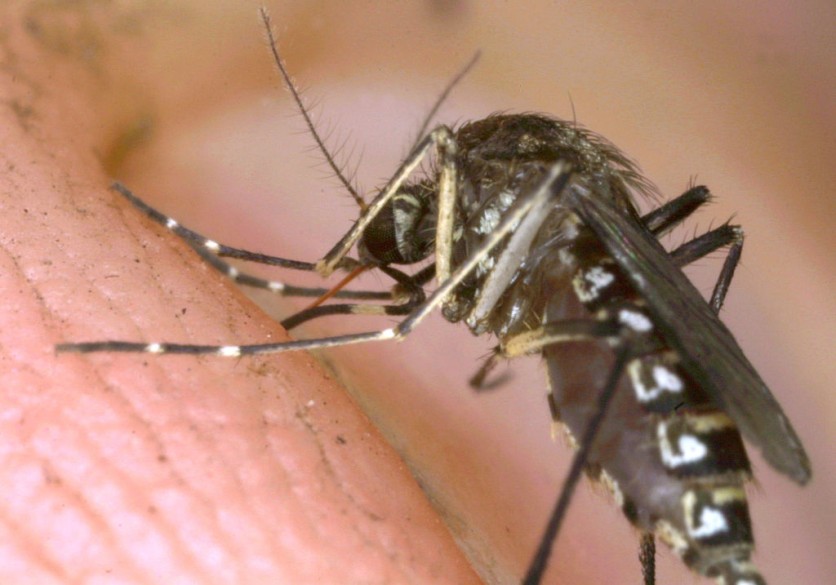
A new study concluded that a new malaria mosquito has been invading the cities in Africa lately.
The emergence of the new malaria mosquito
Besides COVID-19, Africa has another battle that they should face now - the rise of the foreign mosquitoes that are known carriers of malaria.
The new mosquito is India's deadly disease transmitter, the Anopheles stephensi larvae. Presently, the new malaria mosquito is now in big numbers in Africa cities which was confirmed by Armauer Hansen Research Institute in Ethiopia and The Netherlands' Radboud University Medical Center.
According to CNN, these vectors have already appeared some years ago in Africa, but now, their numbers have become even threatening to the people.
Experts said that the abundance of Indian mosquitoes can be seen in the cities of Ethiopia through water containers. They also believed that can also acquire malaria strains from the country.
While the majority of the mosquitoes from Africa make their breeding sites in rural areas, the experts warned that the new vector was also invasive in African urban areas. Researchers concluded that a huge malaria risk posed in the cities of Sudan, Djibouti, and Ethiopia was observed.
"To our surprise, the Asian mosquito turned out to be even more susceptible to local malaria parasites than our Ethiopian mosquito colony," told Teun Bousema, a professor at Radboud University Medical Center in Nijmegen.
The epidemiology of tropical infectious diseases expert added that the mosquito seems to be an efficient host of two malaria species in the region.
On Wednesday, a journal entitled " Emerging Infectious Diseases" was released on EurekAlert, where the experts noted that the spread of the deadly carriers should be stopped immediately in the rest of African urban areas.
Fitsam Tadesse, one of the authors in the study, said that targetting the larvae of the mosquitoes to spread even in distant areas like seaports and airports should be done. Tadesse added that if the plan will fail, there is a big tendency that the malaria case in urban areas will increase.
For Jo Lines, an expert who specialized in vector biology and malaria control, the results of the study were important. Lines continued that the mosquitoes should get rid of as soon as possible, or else they will be a big problem to the community.
Moreover, Lines said that the whole country should act urgently on the problem. Chances are if preventive and necessary measures are not implemented earlier, the Anopheles stephensi could now be one of East Africa's native mosquitoes.
Early cases of emergence of new mosquitoes in other countries
Lines recalled the case of the Asian tiger mosquito. He said that if negligence and lack of urgency happened, the rise in the number of foreign mosquitoes will be higher.
From 2016 to 2017, Anopheles stephensi first appeared in Sri Lanka. It became abundant in the country since then.
In June 2019, another local mosquito from India has emerged. This time, the Aedes vittatus appeared in North America in Guantanamo Bay, Cuba, as per BBC.
For some time, these cases raise alarm to everyone that even a mosquito from other places can be a locally 'invasive' mosquito in the long run.
Related Article: Why Some Mosquitoes Spread Malaria and Others Don't
This article is owned by Tech Times.
Written by Joen Coronel

![Apple Watch Series 10 [GPS 42mm]](https://d.techtimes.com/en/full/453899/apple-watch-series-10-gps-42mm.jpg?w=184&h=103&f=9fb3c2ea2db928c663d1d2eadbcb3e52)


